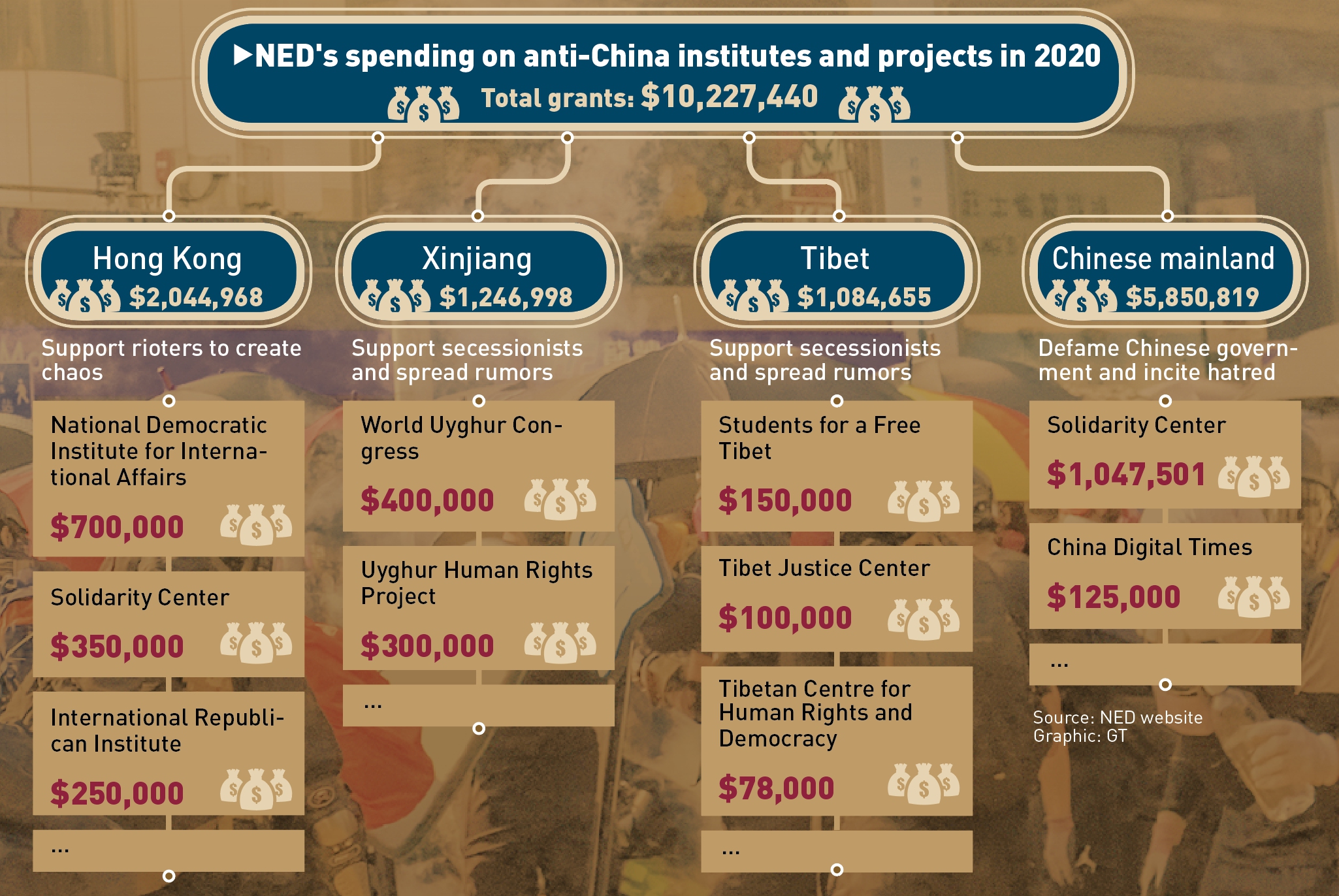PETALING JAYA: Malaysia has the potential to attract more international students due to its quality education and affordable cost of living.
Malaysian Association of Private Colleges and Universities (Mapcu) president Datuk Parmjit Singh said factors that encourage students to study in Malaysia include the availability of high quality education programmes system delivered by universities with a strong international outlook and well-developed campuses and facilities.
“Tuition fees are relatively lower... (The same goes for the) living cost in Malaysia,” he said, adding that Malaysia also offers a student-friendly social ecosystem to provide the sort of lifestyle sought by international students.
“The tightening of regulations for international students is happening in a few countries, with some mainly due to shortages of accommodation in these countries.
ALSO READ: Growing worry over rising cost of studying overseas
“This does present opportunities for Malaysia to attract those students who are now unable to study in countries such as Australia, the United Kingdom and Canada.
“However, factors such as opportunities to work while studying and more inclusive post-study work opportunities – all of which are available to international students in those countries – may need to be enhanced in order to encourage these students to select Malaysia as a preferred alternative destination,” said Parmjit, who is also Asia Pacific University of Technology & Innovation (APU)chief executive officer (CEO).
Vice-Chancellors’ Council for Private Universities chairman Prof Mushtak Al-Atabi said in order to attract international students to our shores, Malaysia should make itself a more accessible destination.
“There are multiple countries in the region that are competing with Malaysia to be the regional education hub,” said Prof Mushtak, who is also Heriot-Watt University Malaysia provost and CEO.
National Association of Private Educational Institutions secretary-general Dr Teh Choon Jin said it is important for Malaysia to maintain a good reputation in terms of treatment of international students or foreigners in order to entice students to come here.
ALSO READ: INTERACTIVE: How the jobs mismatch may derail Malaysia’s drive to become a high-income nation
“If there is any negative report of ill treatment of foreigners, it may discourage potential international students from pursuing their studies in Malaysia,” he said.
Dr Teh also said these students may face challenges in finding employment opportunities in Malaysia after graduation as there are limited numbers for international graduates, compared to those in countries with more robust job markets.
On the plus side, Malaysia offers great cost savings due to the ringgit’s exchange rate being low compared with countries such as the UK, Australia, Canada and the United States, he added.
Malaysia’s location in South-East Asia with good connectivity to other countries within the region and those beyond the region also makes it an attractive destination to experience Asia, Dr Teh said.
He added that the nation is perceived as a safe country, Muslim-friendly and has a wide variety of food catering to different needs.
“Malaysia has relatively straightforward visa regulations compared to some other countries, making it easier for students to obtain study visas,” said Teh, who is also APU registrar.
Education Malaysia Global Services (EMGS) CEO Novie Tajuddin said the number of international students coming to Malaysia has been increasing over the years.
He said the principal body that manages the movement of international students in Malaysia, including facilitating visa processing, had received 65,207 applications by the end of 2023.
This is a huge increase compared with 10,453 applications in 2020.
“Malaysia is attractive to international students as (the living cost in the country) is affordable... The people are (also) friendly, and we are advanced in terms of transnational education,” he said when contacted.
“EMGS continues to promote our education, opening the door for new areas, looking into existing policy and working closely with the Higher Education Ministry and to work with other relevant ministries,”
Novie stressed.He also posited that the country could benefit from the tightening of regulations governing international students in other countries such as Canada, Australia and the UK.
Novie highlighted that Malaysia offers a graduate pass for students from 25 countries, including Brunei, Singapore, South Korea, Japan and Australia.
This year, he said, China and India were added to the list of countries that offer the pass.
“The graduate pass allows international students to stay for a year after completing their study.
“In this time, they can go on vacation, progress to the next study level or work in Malaysia,” he added.
The graduate pass is a long-term social visit pass that allows holders to gain multiple entries into the country.
The said pass is offered to international graduates who have completed their degree programmes at local universities and other higher education institutes
Source link:.https://www.thestar.com.my/news/nation/2024/04/10/a-magnet-for-international-students
Related stories:
Growing worry over rising cost of studying overseas
INTERACTIVE: How the jobs mismatch may derail Malaysia’s drive to become a high-income nation
Related posts:










